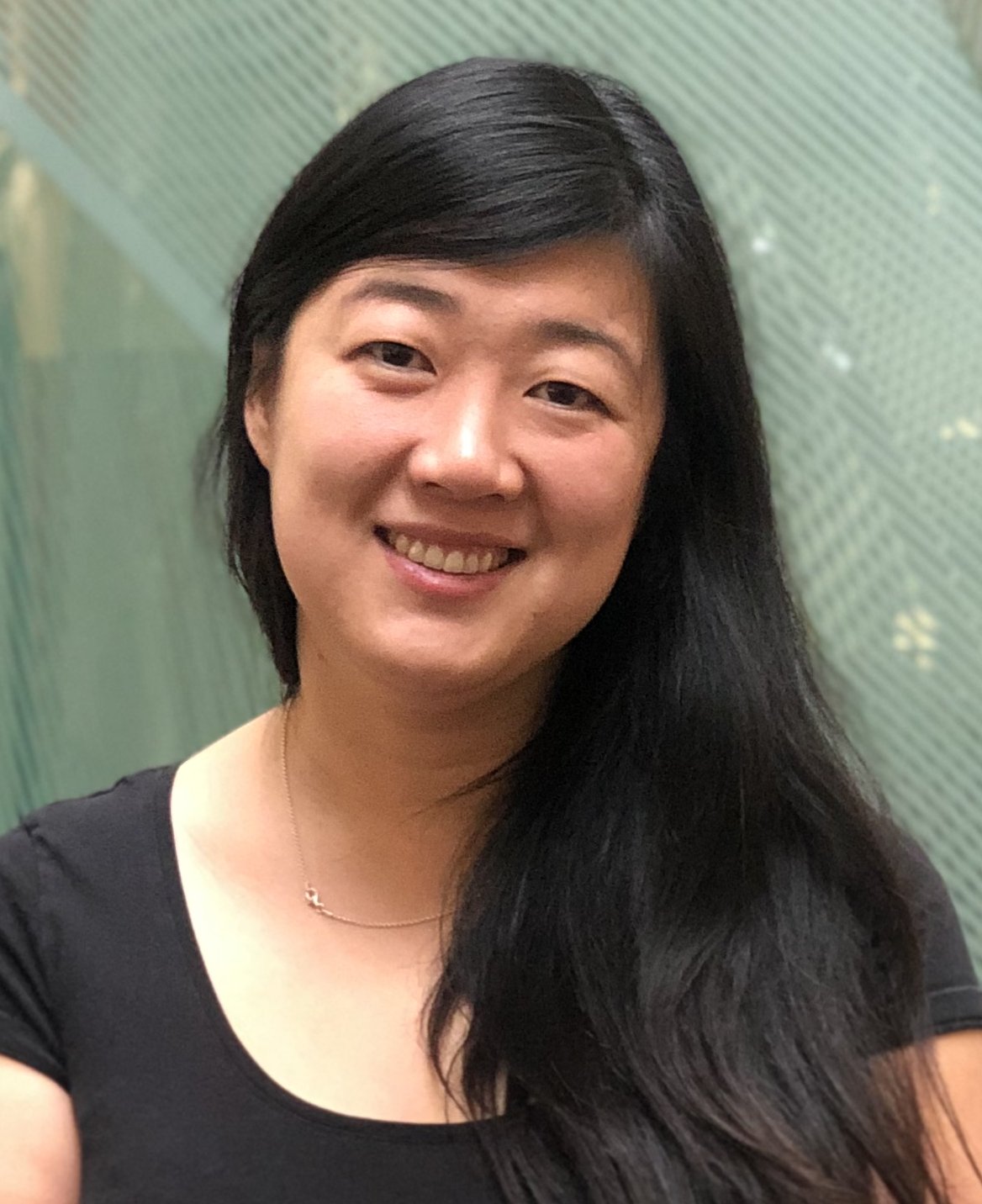The department is excited to welcome the arrival of Haissi Cui as our newest faculty member. Dr. Cui has been appointed as Assistant Professor in biological chemistry and will begin July 2022.
Dr. Haissi Cui obtained her B.Sc. and M.Sc. in Biochemistry from the Technical University of Munich in Germany. She performed undergraduate and master studies with Dr. Ned Budisa in synthetic biology, at the Max-Planck Institute for Biochemistry in Munich, and with Dr. Maria-Elisabeth Michel-Beyerle in spectroscopy at the Technical University of Munich.
Afterwards, Haissi continued her PhD work at the University Hospital MRI TUM in cancer research with Dr. Achim Krüger, focusing on angiogenesis and metastasis. She then joined Dr. Michael Groll’s group at the Technical University of Munich, where she explored new small molecule proteasome inhibitors which are potential therapeutics in cancer and autoimmune disease.
Haissi is currently a staff scientist at the Scripps Research Institute in La Jolla, US, with Dr. Paul Schimmel, where she has held postdoctoral fellowships from the German Research Foundation and the Human Frontier Science Program. Her research focus is on unexpected functions of aminoacyl-tRNA synthetases and their role in inflammation and RNA processing.
Haissi’s research group in The Department of Chemistry at The University of Toronto will use chemical tools to understand and manipulate how RNA maturation and decoding are spatially regulated in the etiology of human disease. In all living beings, information is stored as DNA, transcribed into RNA, and translated into proteins and disruption of this process at any step has severe consequences.
The group will combine small molecule compounds, protein and genome engineering, and cell biology to understand how the localization of RNA and protein in the cell can impact inflammation, neurological diseases, and developmental disorders. The long-term goal of the lab is to translate new discoveries in this space into potential avenues for therapeutics but also to follow our curiosity and study new and unexpected functions of biomolecules.
Haissi was born in Asia, grew up in Europe, and is now working in North America – she strongly believes in the importance of diversity and in supporting accessibility to scientific research through outreach. First and foremost, Haissi aims to build a group in which trainees are supported and encouraged. She is looking forward to working with a team of interdisciplinary researchers that will explore the interface between chemistry, biochemistry, and biomedical research.

Meet Haissi Cui
What sparked your interest in chemistry?
I liked both chemistry and biology in high school, so I decided to join a biochemistry program. Chemistry seemed like an area with good career prospects which was important to me.
When I first started doing research, I realized that I like it even more than I thought I would – understanding how enzymes work brings you quite close to understanding how life works and there is so much to discover even in systems that we think we understand. Biological chemistry brings me joy as we are constantly adding to a growing toolbox that allows us to study things that we couldn’t before.
What are you looking forward to exploring in your lab at U of T?
We are beginning to appreciate that enzymatic reactions in human cells do not take place in a large “soup” but are instead locally organized. I aim to use chemical compounds, protein engineering, and genetic tools to understand this organization and its purpose.
Specifically, we are going to focus on RNA and proteins involved in RNA processing and decoding. During my postdoc, I worked with enzymes that catalyze the first step of protein synthesis and want to continue exploring how their localization affects the various functions this protein family is involved in. I am also interested in disease-causing mutations in proteins that are involved in RNA processing and structuring the cell.
One of my favourite parts of science is being able to understand and appreciate what other people are discovering. Reading well-crafted studies with elegant experiments is part of what keeps me motivated - I am looking forward to sharing this with students.
What keeps you busy outside of the lab?
I’m currently involved in several outreach programs and interest groups around campus and am looking forward to joining similar projects at the University of Toronto. Outside of work, I enjoy sharing food and time with friends, which has of course been challenging, various creative activities, and yoga.


